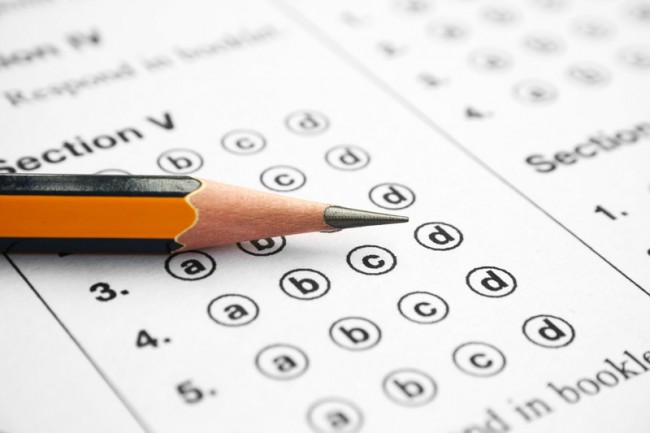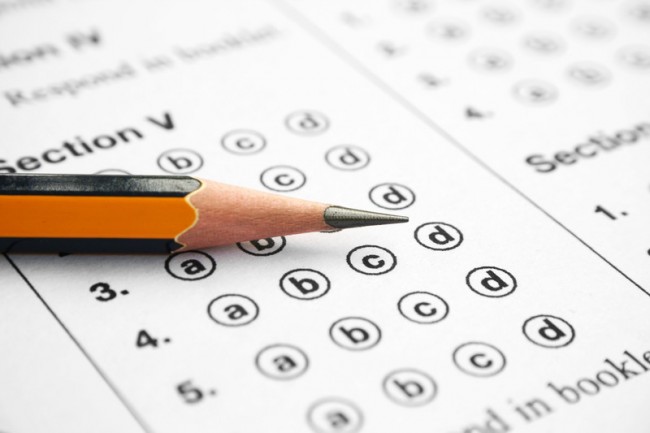BY KRISTEN MOON*
A common question that high school students have is “What’s the difference between SAT Subject Tests, International Baccalaureate (IB) exams, and Advanced Placement (AP) exams?”
In this post, we’ll see how each of these academic tests work, which will help you compare and draw informed conclusions.
SAT Subject Tests
SAT Subject Tests are required when applying to many competitive colleges.
- Students are tested on their knowledge of subjects learned in high school.
- There are 20 subject tests across five areas: English, languages, mathematics, science, and history.
- You have the advantage of picking tests that demonstrate your strengths and indicate your interest and preparedness in specific programs and majors to colleges.
- These are one-hour, multiple-choice tests.
- Raw test scores are converted to scale scores of 200-800.
SAT Subject Tests are offered six times a year. You can take one, two or three tests on any test date. You have the flexibility to choose certain tests at the time of registration and change them (take one less, add one more, or switch tests) on the test day. Note that you cannot sit for SAT and SAT Subject Tests on the same day.
One of the main differences between SAT Subject Tests vs. AP/IB exams is that SAT Subject Tests test knowledge of high school subjects, while AP/IB tests college-level course knowledge.
AP Exams
Advanced Placement tests could result in college credit if your score is high enough. AP programs aim to prepare high school students for the rigors and expectations of college-level academics through advanced courses.
Exams are held in May
- A total of 37 exams with the following features:
- 2-3 hours long.
- There is no negative marking for wrong answers or unanswered questions.
- The first part is multiple-choice.
- The second part consists of free-response questions that can be answered in an essay, verbal (conversational), or problem-solution format.
- Scoring is on a 5-point scale, with 5 being the highest possible score. ‘5’ indicates ‘extremely qualified’ and ‘1’ indicates ‘no recommendation’.
IB Exams
An International Baccalaureate (IB) program is a pre-college course focused on interdisciplinary teaching and aims to make students internationally-minded individuals. IB exams could result in college credit if your score is high enough. Students take six subjects at Higher Level (HL) and Standard Level (SL), usually split into 3 HL and 3 SL courses.
- You must enroll in IB classes to be eligible for the exam.
- Written, essay-based format.
- The exam tests students on critical thinking and an appreciation of global issues.
- Section A: short-answer questions.
- Section B : an essay section where you need to choose one out of three essay topics, presenting case study facts; scores factor in analysis and evaluation skills as well as content and structure.
- 7-1 grading scale, where 7 is the highest score and 5 is the passing grade.
*About the author:
Kristen Moon is an independent college counselor and founder of MoonPrep.com. She specializes in Ivy League, BS/MD Programs, and International Students.





